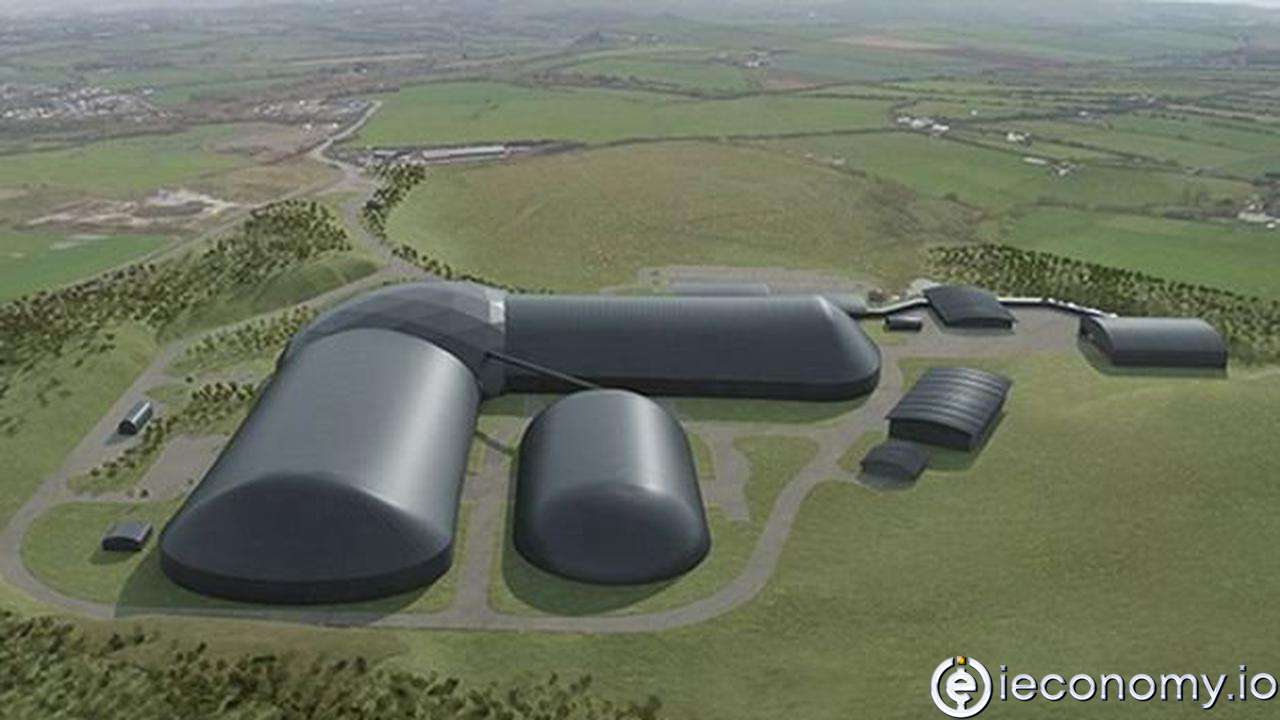12409
0
The first new deep mine in Britain received a building permit
During the autumn of last year, after more than thirty years, the first new deep mine in the United Kingdom received a building permit.

Yazar: Tom Roberts
Yayınlanma: 13 Eylül 2021 00:58
Güncellenme: 2 Mart 2026 23:33
The first new deep mine in Britain received a building permit
During the autumn of last year, after more than thirty years, the first new deep mine in the United Kingdom received a building permit. However, many opponents have been fighting against its opening ever since. They do not like the fact that the coal mine obtained a permit despite the government's law on reducing greenhouse gas emissions to net zero by 2050. The Cumbria deep mine in the north-west of England is planned to mine about 2.7 million tonnes of metallurgical coal a year. Mining was originally scheduled to begin this year, but over the past few weeks, protests against its opening have increased, and the British government has intervened in the dispute. The fate of the mine will be decided by a September public inquiry. The Guardian portal informed about it. According to activists, coal mining will disrupt the government's plan to protect the climate. The country expects to reduce greenhouse gas emissions by 78 percent by 2035 compared to 1990. Critics argue, among other things, that the region where new mining should take place would move me to green resources, also because of new job opportunities. "Coal mining in Cumbria would burden the environment. Greenhouse gas emissions will increase substantially. The plans to open a deep mine are incompatible with the UK's commitment to be carbon neutral within a few years, "Chris Stark, director general of the UK's Climate Change Committee (CCC), told The Guardian. The public inquiry, which will decide the fate of the mine, will take at least four weeks. During it, activists are planning two larger demonstrations. One of them will take place near the mine in question in West Cumbria, the other on Whiteall Street in London, along which there are many government buildings. The local councilors agreed to open the mine at the end of last year. Twelve of them were in favor, three were against. The councilors, by a majority, approved the commissioning of a new deep mine by 2049, when it should close completely due to British carbon neutrality. The last British deep mine operated in 2016. Forty British local conservatives also spoke in favor of opening the mining a few weeks ago. "The blockade of the project by Labor will lead to the creation of no more than five hundred well-paid jobs and another about two thousand in various supply chains and services," they said. West Cumbria Mining would be in charge of mining under the seabed. It promises to create about 500 new jobs. Coal should be used by large steel and chemical plants in the industrial towns of Scunthorpe, Lincolnshire and Port Talbot. According to the mining company, greenhouse gas emissions will not increase, as the new British coal would reduce its imports from abroad.İLGİLİ HABERLER





European stocks soared and focus shifted to German retail sales after Powell's speech!

Forex Signal For TRY/USD: Inflation Slowdown in November.

Forex Signal For GBP/USD: Bullish Trend Still Not Breaking While Recovery Continues.

Forex Signal For EUR/USD: Starry US Data Points to Higher Fed Increases.

Forex Signal For BTC/USD: Downside Continues as Bitcoin Recovery Moves Less.
En Popüler Haberler
Yorum Yap
Yorumlar
Henüz yorum yapan yok! İlk yorumu siz yapın...